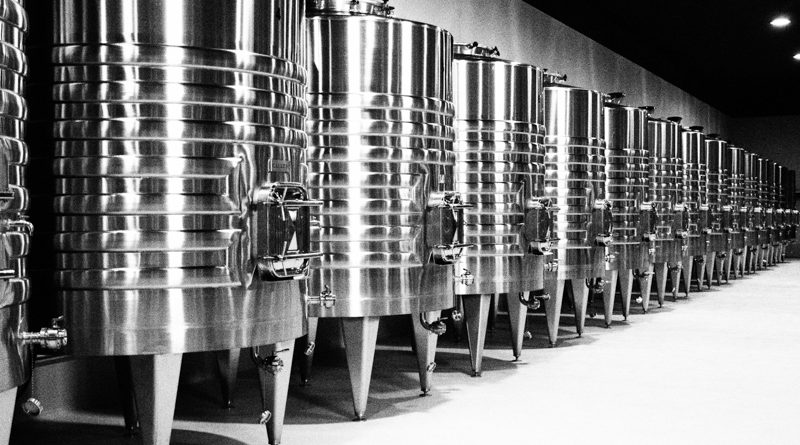Cheap wines are too good these days
This may sound a strange complaint. Over recent decades, cheap wines have got better. How is that not good news? It may be good for the consumer in the short-term, but in the long-term it’s going to hurt producers. Jamie Goode explains why.
One of the problems that the wine category has these days is profitability. Wine is just too cheap. Competition between the supermarkets, who sell most of the wine in the UK (and in many other countries), has led to price competition. There has been a race to the bottom in terms of pricing, and it has largely been the producers who have suffered.
Why? In a market of over-supply, it is often producers who suffer because they need the supermarket buyers more than the supermarket buyers need them. They have little negotiating power because cheap wine is commoditized, and few brands have the sort of consumer recognition and loyalty to be absolutely necessary to large retailers.
As a result, you can still get something very drinkable – and even quite pleasurable – for £6. You can even pick up a bottle that won’t taste bad for £4, which is remarkable if you do the sums and see how much duty and VAT make of that £4 purchase price.
But there is a deeper issue at play here which I suspect is causing profitability problems in the wine industry.
In the past, cheap wines used to be quite disappointing. Unpleasant even. If you were bottom feeding, and looking for the cheapest bottles, you took a massive quality hit. Some of the cheap wines I bought as a student (I wasn’t a big wine drinker then) made me gag a little. The house wine that they served at university functions (called Fleur du Lys) was actively vile.
Now, winemaking standards are better. I go to lots of supermarket tastings, and the chief sin of the cheapest bottles is that they are boring, and perhaps a little dilute. But they are rarely bad. Uninteresting, yes, and disappointing – but not nasty.
Here’s the issue: cheap wine is too good these days. In the past, you’d gain a lot by spending a pound or two more on a bottle. The wine would no longer be vile, and the gag reflex would be supressed. Now, you can spend more but get something that isn’t demonstrably better. For many people, and many social occasions, the cheapest bottles are fit for purpose: they do what is needed of them, and taste OK.
This is likely cannibalizing sales of more expensive wine. Especially when the low price is combined with attractive packaging. If you absolutely must have wines from a particular country or region, then you may have to pay more to get something adequate. But if you just want a wine at a certain price that tastes OK and brings you a little pleasure, then there’s little reason to trade up when the cheap stuff is well made.




